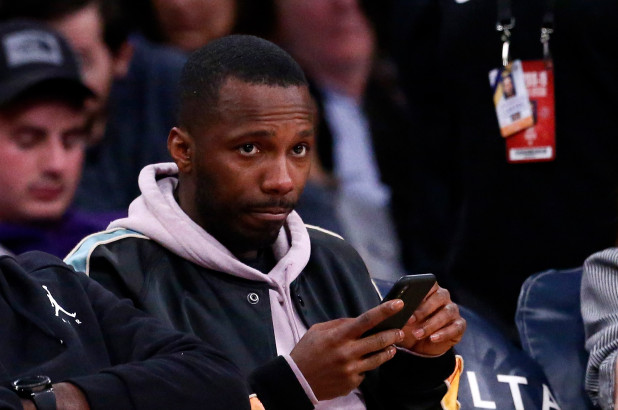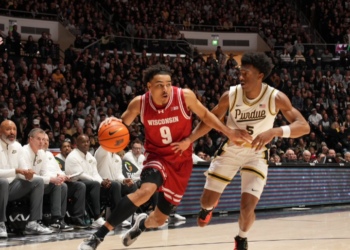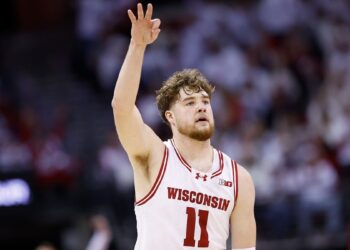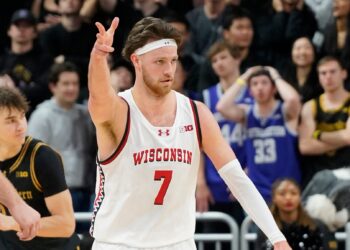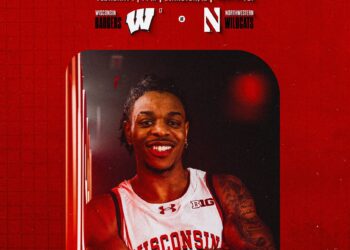By: Zachary Draves
The recent memo put forth by the NCAA is known as the “Rich Paul Rule” requiring any aspiring agent wanting to work with a college basketball player looking to enter NBA to have a Bachelor’s Degree, unleashed a tremendous amount of backlash.
The loudest outcry came from some of Rich Paul’s famous clients, including his childhood friend LeBron James, Ben Simmons, Anthony Davis, and John Wall.
Ultimately, the NCAA rescinded the rule and attempted to do damage control by equivocating about how they were promoting “higher education” and that this was all about “protecting their student-athletes.” Their?
In reality, the NCAA is the last institution to be preaching about values, morals, and professionalism when it comes to what is in the best interest of student-athletes.
For far too long, the NCAA has gone out of its way to stifle the abilities of student-athletes, particularly in the revenue juggernaut sports of basketball and football, from making their own choices and from being compensated in any way.
College Basketball and Football generate billions of dollars for the universities, TV networks, and sponsorships. The coaches, athletic directors, and administrators are paid handsomely, and in many cases, the coaches are paid more than the governor of their home state.
In fact, Alabama football coach Nick Saban and Clemson football coach Dabo Sweeney are paid more than all 50 governors combined.
Meanwhile, the players, whom the overwhelming majority are black, received nothing in return when they do all the work.
The argument against compensating student-athletes is that they get a full scholarship, including room and board, along with free meals, is a form of “payment.” However, that is only good for so long until they get hurt and are no longer seen as useful in which those “benefits” are taken away.
Also, the athletes don’t receive a dime when it comes to the use of their likeliness on clothing, accessories, or from sponsorships with companies like Nike.
Look at the Michigan Fab Five, former UCLA basketball star Ed O’Bannon’s suit against EA Sports, and Zion Williamson’s shoe debacle for further information on that point.
This rule was just another exploitive effort on the part of the NCAA. But it was also preaching a dangerous narrative that is all too common in this country — the politics of respectability.
In other words, it is saying that if you act a certain way, dress appropriately, speak correct English, go get this degree, then you will be seen as worthy in the eyes of society and free from any hostility.
This tactic of lecturing to others on what is acceptable and respectable is usually done by the mainstream dominant society to historically marginalized communities, especially white Americans, to African Americans.
They’ll say things such as “if you pull your pants up, you won’t be profiled.” Or in this case, “if you show proof you went to college, you can be trusted with “our” student-athletes.
This has and would never be found in other sports such as hockey or baseball for obvious reasons.
At the end of the day, this goes to show that the NCAA doesn’t care about student-athletes’ well being. They are only interested in maintaining power and making a profit.
Fortunately, the discussion about the rights of student-athletes is more out front than at any time in recent memory.
The tide could be turning, and we may see shortly further efforts to combat the draconian policies of the NCAA.
This can only happen if we continue to put a spotlight on this and get more athletes and other sports figures to speak up consistently.
To paraphrase the great lyrical genius, Sam Cooke, it will be a long time coming, but change is gonna come.


 NFL
NFL